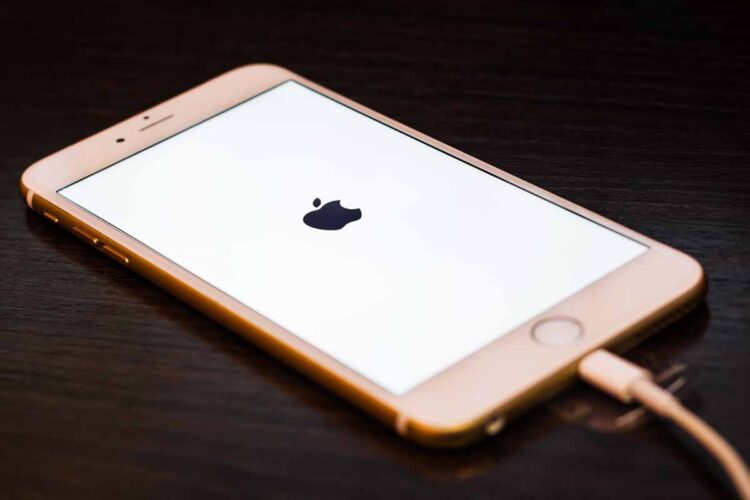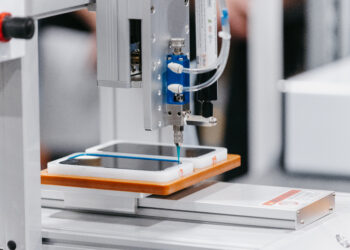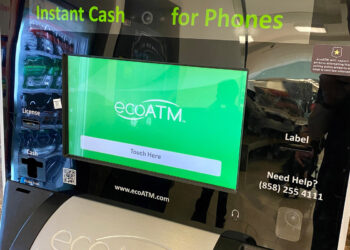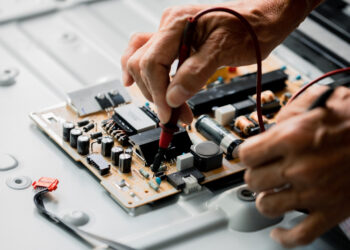Apple’s latest operating system update will expand a feature unpopular with reuse and repair advocates to not just cover the phone as a whole but also individual parts.
A Mashable article noted that the upcoming iOS 18 update will debut an activation lock for valuable iPhone parts, such as the battery, display and camera. The lock was already a feature in previous systems, deployed as an anti-theft feature that could be remotely activated to prevent a stolen iPhone from being used.
Apple said the expanded activation locks are meant to “deter stolen iPhones from being disassembled for parts.”
“Requested by customers and law enforcement officials, the feature was designed to limit iPhone theft by blocking a lost or stolen iPhone from being reactivated,” Apple said in a press release. “If a device under repair detects that a supported part was obtained from another device with Activation Lock or Lost Mode enabled, calibration capabilities for that part will be restricted.”
The iOS 18 update became available on Sept. 16 to those with iPhone XRs or later.
The process of authenticating a repair part before the software allows it to work is called parts pairing, and several right-to-repair laws that have recently passed in the U.S. have banned it.
Apple didn’t immediately respond to a question about how the new activation lock is expected to interact with the state laws.
In Oregon, the law stops OEMs from using parts pairing to prevent repairs using unapproved parts and from reducing “the functionality or performance of consumer electronic equipment.” The law also states that OEMs cannot “cause consumer electronic equipment to display misleading alerts or warnings, which the owner cannot immediately dismiss, about unidentified parts.”
Colorado has similar language in its law, and refurbishers recently petitioned the FCC over the detrimental effect of software locks on the secondary mobile phone market.
Software locks make “millions of donated or handed-down phones unusable, harming the environment and the used phone marketplace,” the letter to the FCC noted, because many people do not know they need to unlock their phones or forget to before donating them.
The Wireless Alliance, an electronics recycling facility in Lafayette, Colorado, for example, has received over 66,000 reusable iPhones that were activation locked between 2015 and 2019, the letter stated, and “these reusable phones were scrapped instead of being reused because of the activation lock.”
The signees recommended that the FCC create a system that would allow manufacturers and refurbishers to verify that donated phones hadn’t been stolen, and then OEMs could release the activation lock to enable reuse.






























